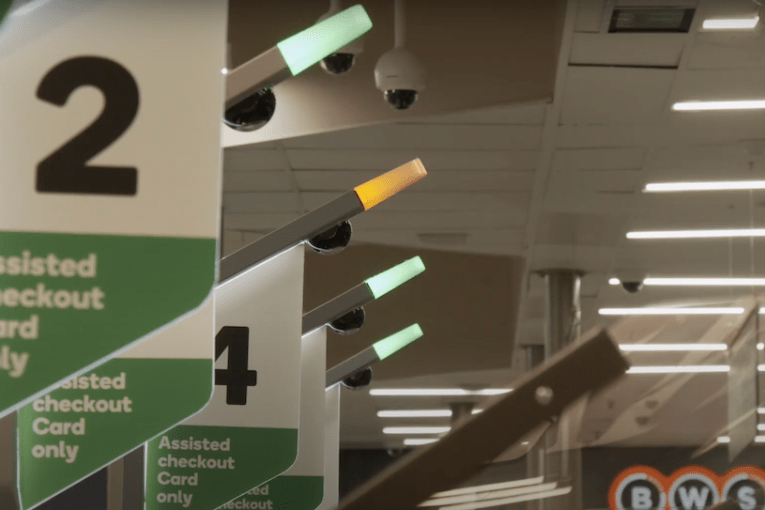‘Surveillance society’ fears as government targets Facebook, Google


How the new anti-terror laws will impact you. Photo: Getty
The federal government’s plan to compel tech giants such as Facebook and Google to provide access to private mobile phone use has raised concerns about the risk of Australia becoming a “surveillance society”.
New anti-terror laws are expected to grant police, intelligence and security agencies the power to essentially spy on suspected terrorists and other criminals. But many fear that if protections are inadequate, these laws will open the doors to misuse of our private information.
The government continues to be tight-lipped about the exact nature of the laws, due to be revealed in the coming weeks, and maintains it will achieve this access without creating a ‘back door’ susceptible to hackers.
Cyber Security Minister Angus Taylor said he could “absolutely” ensure the private encrypted messages of individuals not suspected of crimes would be safe.
But the tech community remains sceptical.
Software engineering expert Dr Robert Merkel said that when it comes to technology, “nothing is foolproof” against hackers.
What kind of information could be compromised?
When you send a message on WhatsApp, the encrypted – or private – message is scrambled into a code that cannot be read by anyone except the recipient of the message.
This keeps this online conversation private – much like two people stepping away from prying ears for a private conversation in real life.
The new laws are expected to offer a way for law enforcement agencies to bypass this encryption and be able to access private information remotely, without needing to physically locate and unlock one of the phones involved in the exchange.
The government revealed on Wednesday that it planned to somehow gain this access via telecommunications service providers such as Telstra and Optus, and tech giants such as Facebook, Google, Apple and Amazon that would face significant fines should they not comply in releasing any requested data to authorities.
Dr Merkel said it would be possible for agencies to access everything we do on our phones remotely – messaging, phone calls, photos, location and apps.
Privacy concerns of a ‘surveillance society’
Technology expert Dr Suelette Dreyfus said the government could compel tech companies to feed us products that were “broken by design”.
“That means your Android and iPhone might allow someone with a ‘secret key’ to unlock it at will,” she said.
“Information is power. We live our lives online. Our digital lives are our lives – our address book, diaries, love letters, chats, work conferences, creative outputs and bills.
“So this isn’t ‘just a law about catching terrorists’. It’s potentially a law about how much access government has to our lives.”
Australian Privacy Foundation’s Kat Lane described the move as another step towards a “surveillance society”.
“A society where the government monitors everything we do – in other words, [where] we would all be treated as possible suspects of a crime,” she said.
“As the tech companies are trying to rebuild trust about privacy, it is hoped they strongly resist and protect the privacy of their users.
“Being treated like a suspect and having no privacy is not really living.
“I hope the [telcos and tech companies] resist. I hope we all do.”
Counterpoint: There’s a real need
But leading terrorism expert Greg Barton said there was a “real need” for the ability to access this kind of data under certain circumstances – identifying child sex exploitation or planned terrorist attacks.
“For example, this would allow for the location of teenagers who have been recruited into terror. That’s worth doing,” he said.
“The question is, how do they do this? Some are suggesting it will involve requesting encryption keys from certain companies to access specific messages or information.”








